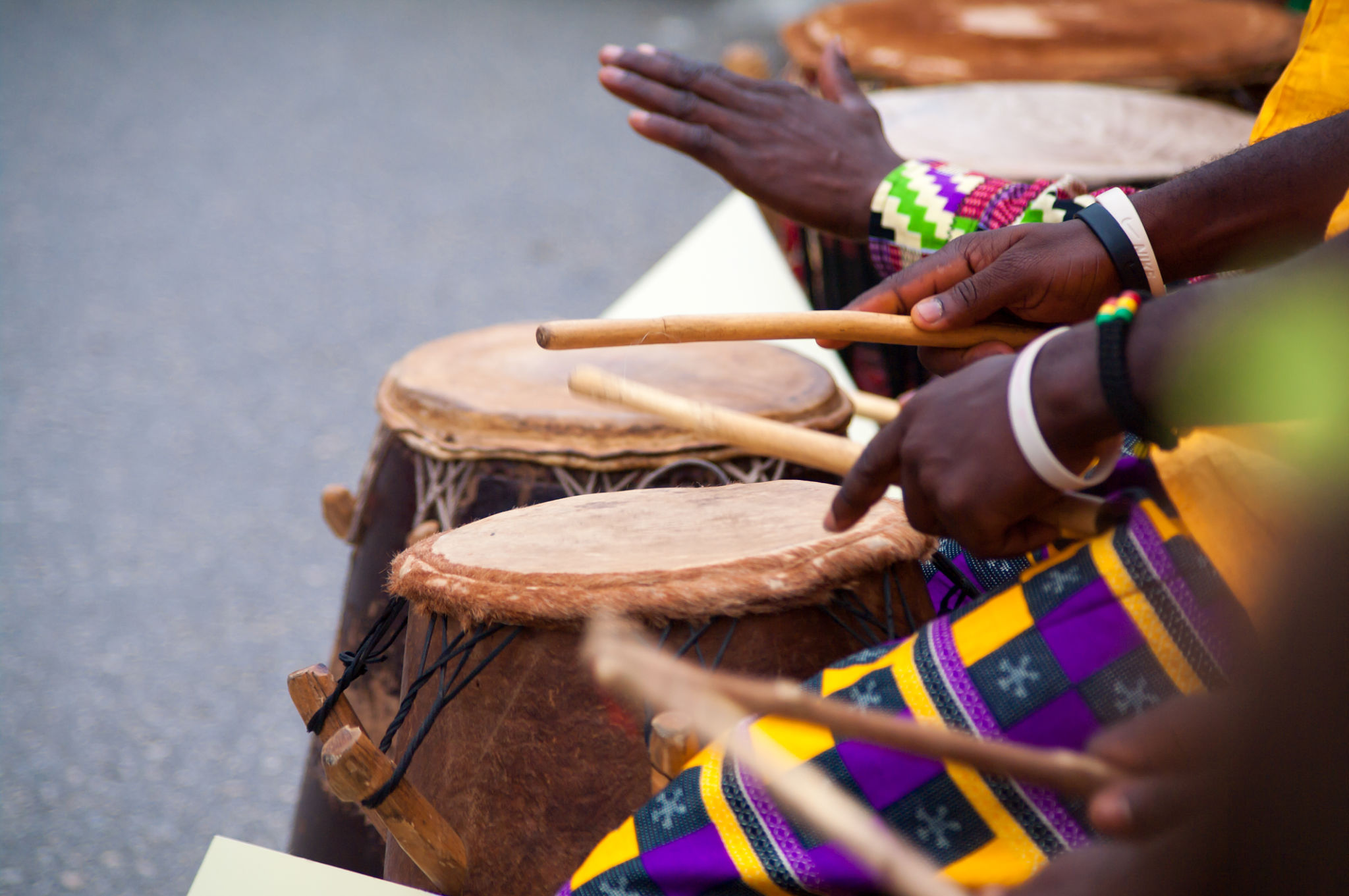The Rise of Afrohouse: Influences and Key Tracks
Introduction to Afrohouse
Afrohouse is a vibrant and evolving genre that has captured the hearts of music lovers worldwide. Emerging from a blend of African rhythms and house music, it offers a unique sound that is both energizing and soulful. This genre has been gaining traction in clubs and festivals, making it a staple in the global music scene.
Characterized by its deep basslines, rich percussion, and melodic elements, Afrohouse is not just music; it's an experience. Its rise to popularity is a testament to the power of cultural fusion and innovation in music.

The Roots and Influences
The roots of Afrohouse can be traced back to the early house music scenes in South Africa. Influenced by traditional African rhythms and Western electronic beats, Afrohouse has carved its niche by blending these distinct sounds. Its influences are drawn from genres like Kwaito, Afrobeat, and traditional African folk music.
Artists have taken inspiration from their cultural backgrounds, infusing tracks with elements that resonate with their heritage. This cultural richness is what sets Afrohouse apart, offering a fresh perspective on the electronic music landscape.
Key Tracks That Defined the Genre
Several tracks have played pivotal roles in defining and popularizing Afrohouse. Here are some key tracks that have left a mark:
- "Akulaleki" by Samthing Soweto – A track that blends soulful vocals with infectious beats.
- "Jerusalema" by Master KG – This global hit brought Afrohouse to international prominence.
- "Yeke Yeke (Afrohouse Remix)" by Mory Kanté – A classic reimagined with modern Afrohouse elements.

The Impact of Afrohouse
Afrohouse has not only influenced the music industry but has also become a cultural movement. It has provided a platform for African artists to showcase their talents and share their stories with a global audience. The genre's rise has also led to increased recognition of African music on the world stage.
Festivals and events dedicated to Afrohouse are now common, attracting diverse audiences and fostering a sense of community among fans. This cultural exchange has enriched the genre, allowing it to continuously evolve and adapt.
The Future of Afrohouse
As Afrohouse continues to grow, its future looks promising. The genre is constantly evolving, with artists experimenting with new sounds and incorporating innovative elements. This adaptability ensures that Afrohouse remains relevant and exciting for audiences worldwide.
The rise of digital platforms has also contributed to the genre's success, allowing artists to reach global audiences with ease. As more people discover Afrohouse, its influence will continue to expand, inspiring new generations of musicians.

In conclusion, Afrohouse is more than just a genre; it's a celebration of culture, rhythm, and creativity. Its rise is a testament to the power of music to transcend borders and bring people together. As it continues to evolve, Afrohouse promises to remain a dynamic force in the world of music.